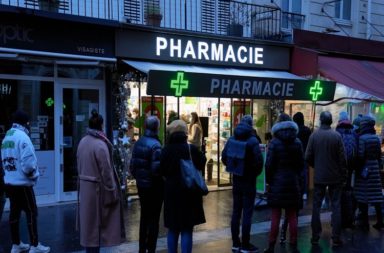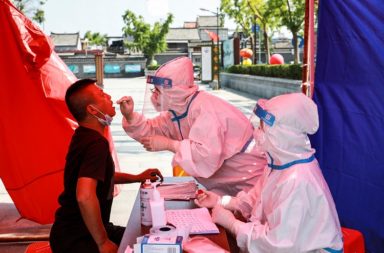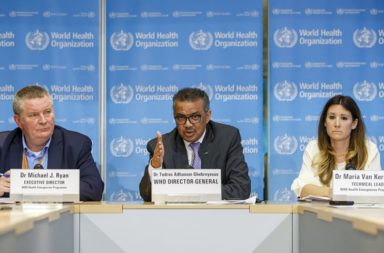Soumya Swaminathan, chief scientist of the World Health Organisation (WHO), said on Wednesday there is no evidence that healthy children and adolescents need booster doses against the Coronavirus disease (Covid-19).
Addressing a press conference, Swaminathan said that while there seems to be some waning of vaccine immunity over time against the rapidly spreading Omicron variant of the coronavirus, more research needs to be done to ascertain who needs booster doses.
“There is no evidence right now that healthy children or healthy adolescents need boosters,” she said. “No evidence at all.”
The statement from the WHO chief scientist comes as a direct challenge to Covid-19-related measures that several countries are adopting, including the initiation of a separate vaccination schedule for booster shots in view of the waning immunity from the primary dosages.
The United States is leading the drive on administering booster doses to kids, as the country’s top regulator, the Food and Drug Administration (FDA), approved earlier this month the use of a third dose of the Pfizer and BioNTech Covid-19 vaccine as a “booster” shot for children aged 12 to 15 years.
Israel, too, is offering booster doses to children aged 12 years amid criticisms from opposing quarters that claim booster shots are just profit-making ventures for pharmaceutical companies.
Last week, Germany became the latest country to join the list with its drug regulator recommending a booster shot for all children aged between 12 and 17 years. Another European nation, Hungary, has also authorised similar booster shots for its adolescent population.
The WHO has, however, not completely dismissed the need for administering booster shots to certain vulnerable sections of the population. Swaminathan said a group of leading experts will meet later this week to consider the specific question of how countries should consider giving boosters to their populations.
“The aim is to protect the most vulnerable, to protect those at the highest risk of severe disease and death,” she said. “Those are our elderly populations, immuno-compromised people with underlying conditions, but also healthcare workers.”





